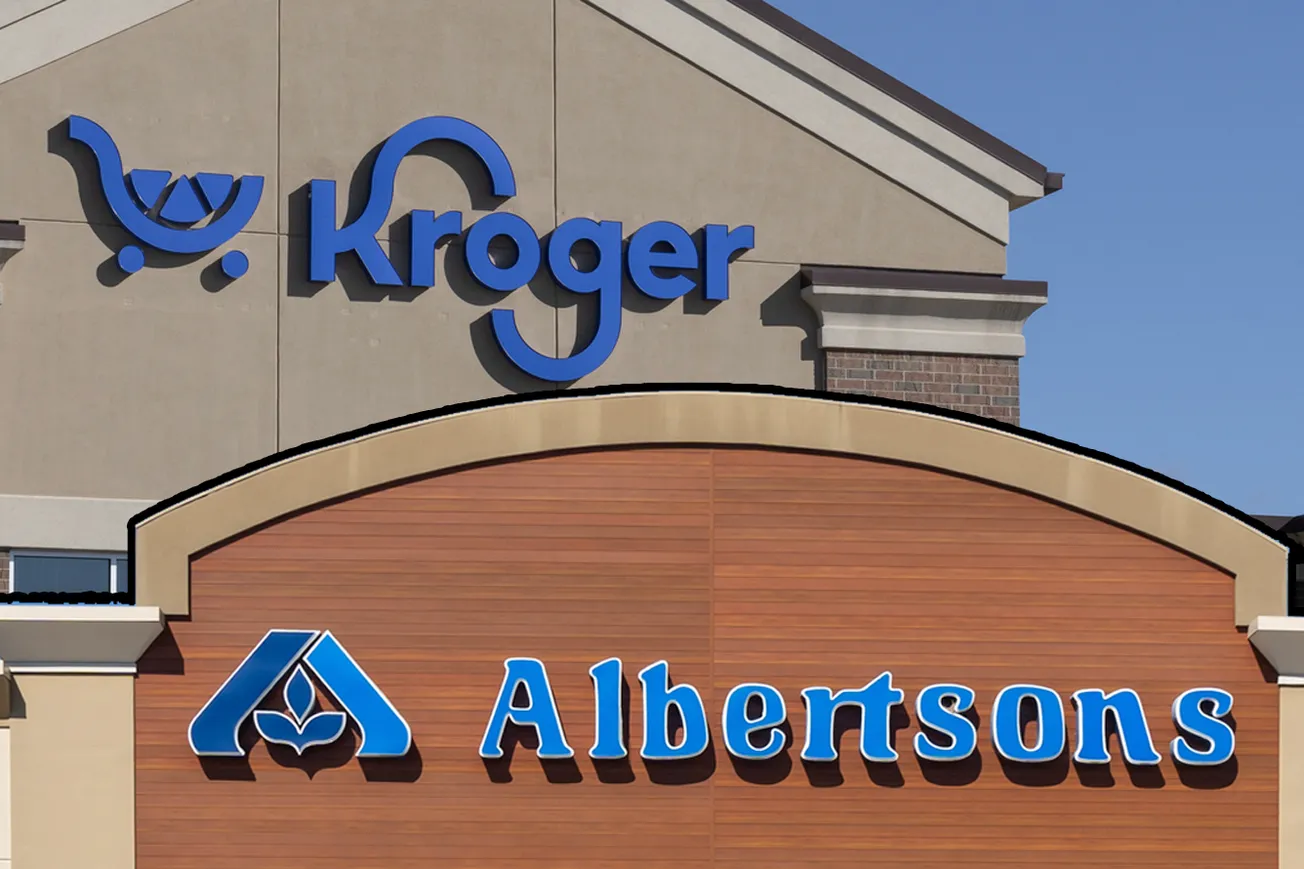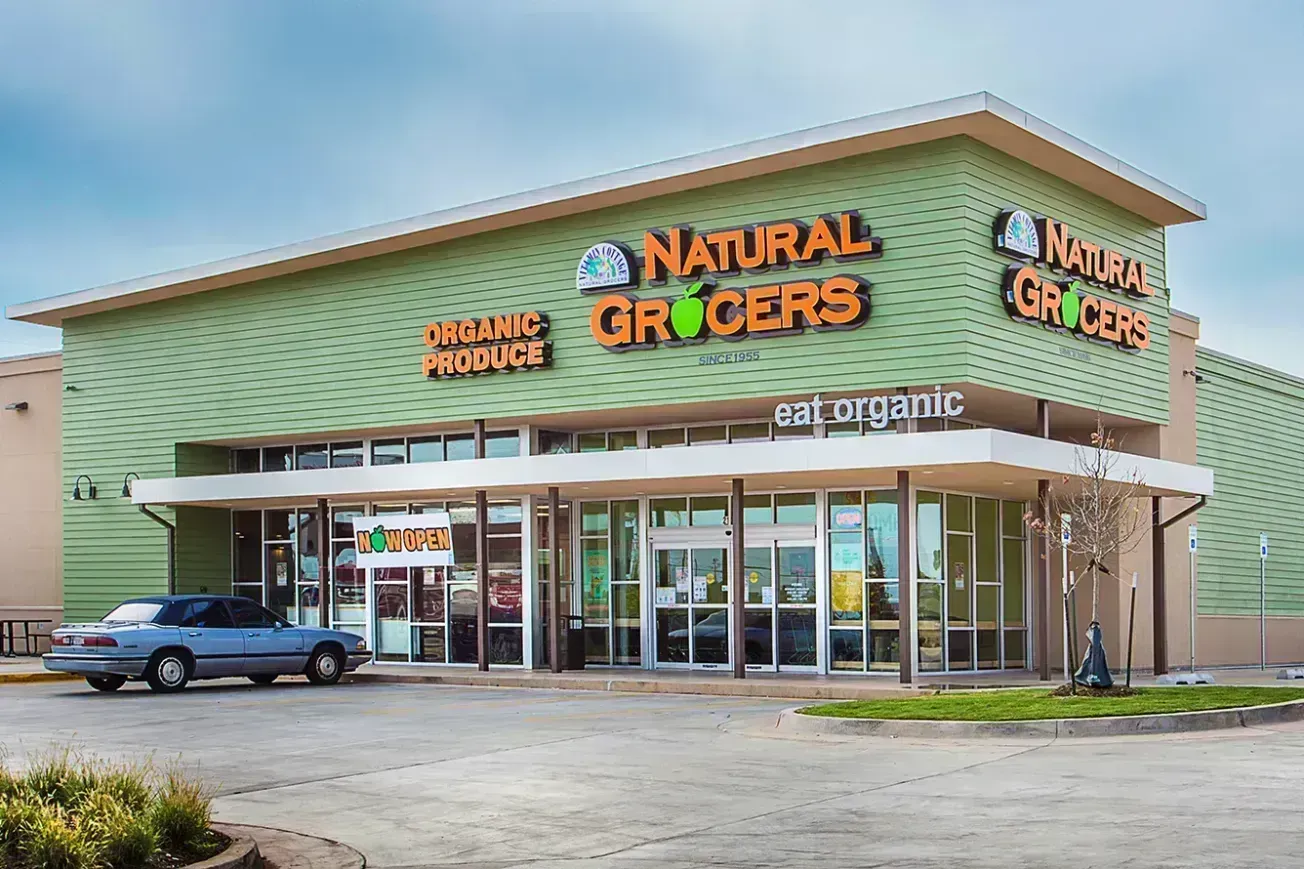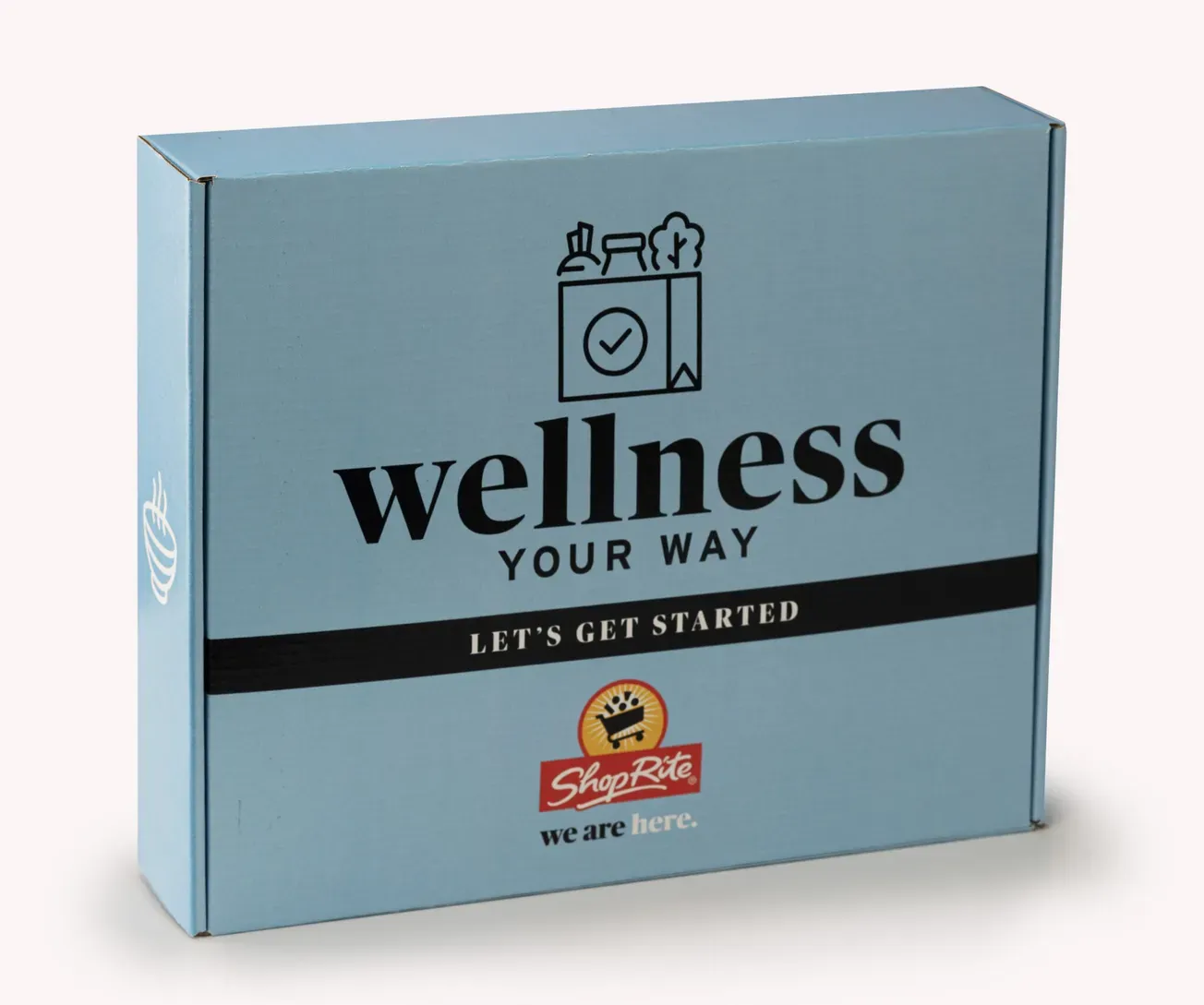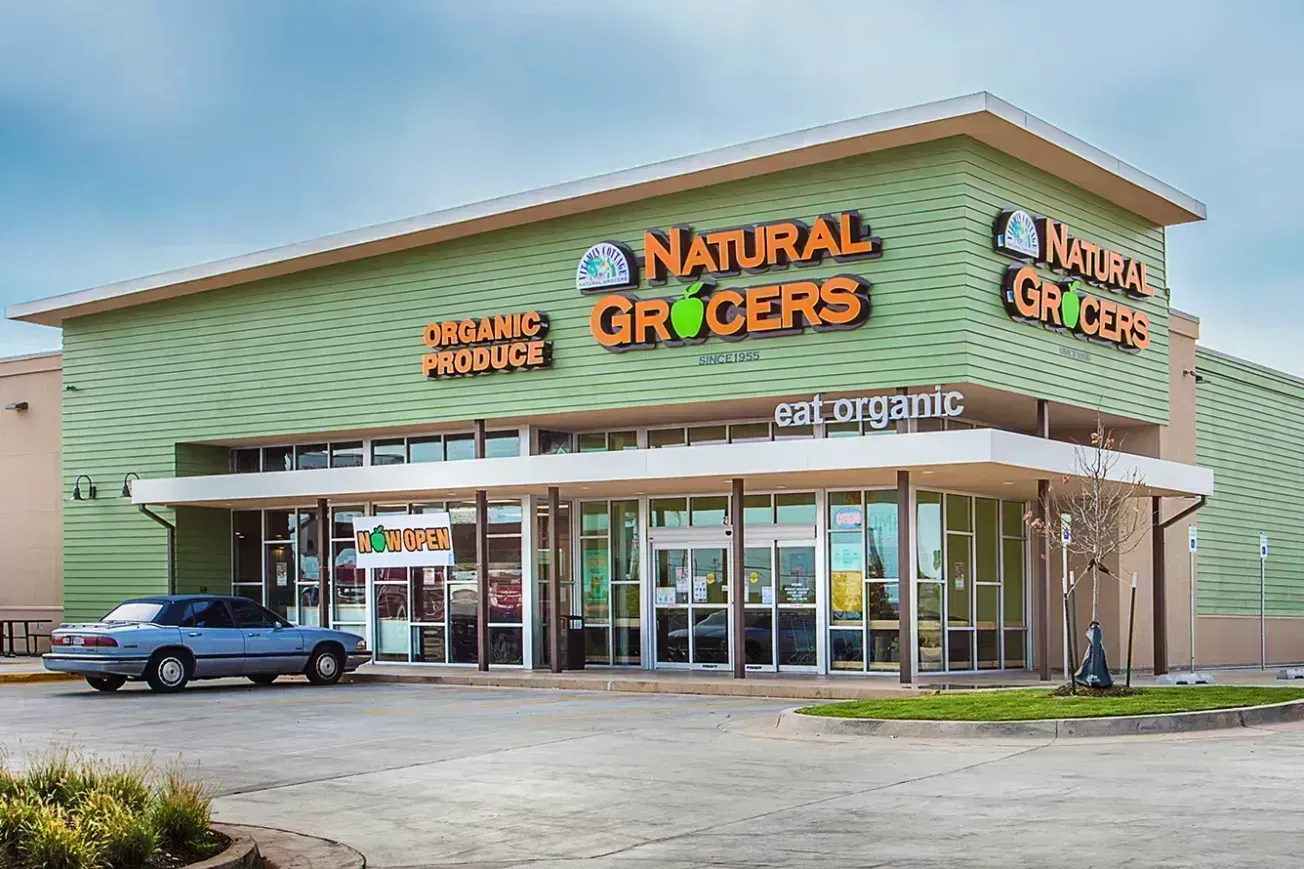PORTLAND, Ore. — The U.S. Federal Trade Commission argued in a federal court on Monday that the proposed $24.6 billion merger between Kroger and Albertsons Cos. would lead to higher grocery prices for consumers and lower wages for workers. Lawyers for the two retailers contended that the opposite was true.
"This multibillion-dollar deal would result in Kroger swallowing Albertsons and would eliminate the competition between these two companies that shopper and union workers depend on in one fell swoop," FTC attorney Susan Musser said in her opening statements on Monday. "Stopping this multibillion-dollar deal will keep in place vigorous competition that acts as a check on rising grocery prices and spurs improvements in quality and innovation."
Matt Wolf, a lawyer representing Kroger, argued that the FTC is basing its argument on an outdated model of the grocery industry. The agency agency "refuses to recognize the tectonic shift that has occurred in the grocery industry over the last 20 years," he said. The supermarket chains say their combination would give them the scale to compete with retailers like Walmart, Amazon, Target and Costco.
Kroger has vowed not to close any stores, distribution centers, or manufacturing facilities due to the merger, or lay off any frontline associates. It has also said that it would invest $1 billion "on day one" after the merger is completed to lower prices for consumers.
The trial, which is expected to last about three weeks, comes almost two years after Kroger and Albertsons agreed to a merger deal in October 2022. That deal has faced pushback from state attorneys general and the FTC, which sued to block it in February. Colorado and Washington have also separately filed lawsuits to try to end the deal.
If the U.S. District Court Judge Adrienne Nelson rules for the FTC, the merger would be blocked by a temporary injunction pending the outcome of a separate FTC tribunal held before an administrative law judge.
Kroger last week filed a motion for preliminary injunction against the FTC's administrative proceeding challenging the company's merger with Albertsons. The motion argued that the FTC is violating Kroger's constitutional protections by proceeding with its administrative tribunal while also pursuing the separate action in federal court.









